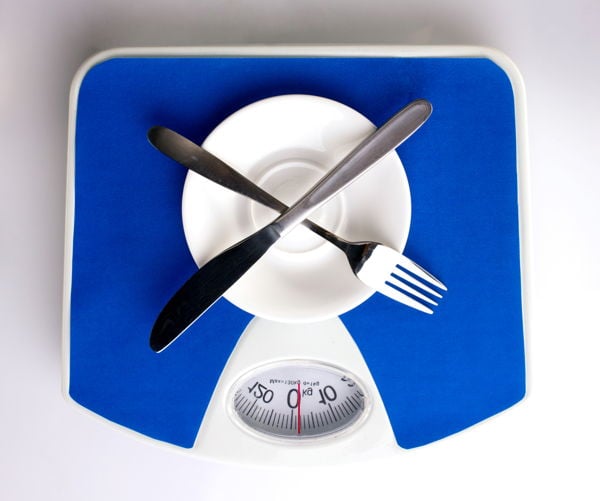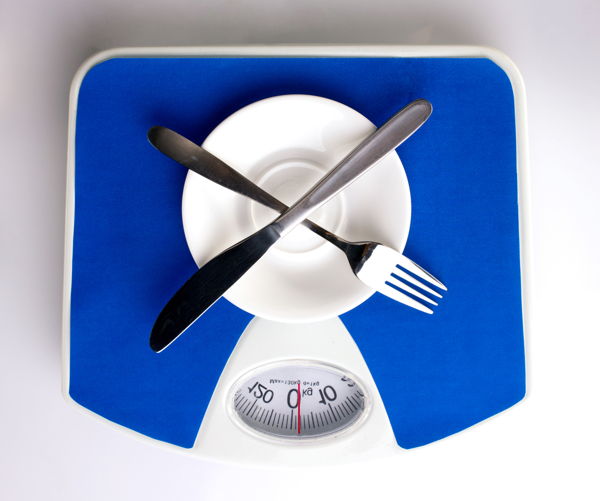
 The parents of young people invested in digital social media need to keep out front of technology the best they can. Issues with eleven-year old children viewing pornography for free online, tweens trying to acts grown up by sexting, kids developing negative attitudes about themselves and their body images are in strong competition with the widespread issues of bullying peers in school environments.
The parents of young people invested in digital social media need to keep out front of technology the best they can. Issues with eleven-year old children viewing pornography for free online, tweens trying to acts grown up by sexting, kids developing negative attitudes about themselves and their body images are in strong competition with the widespread issues of bullying peers in school environments.
Teen Body Image
What is body image? Do you know the term "thigh space"? Where do teens begin to get distorted ideas and negative feeling about their young, growing, healthy bodies?
In today's social focus on outer beauty, no kids are insulated from feelings of inadequacy and despair. Parents concerned about their child's body image must become educated regarding the realities of what kids are faced with on the internet relating to teen body image.
So what's going on with this teen body image obsession? Body image is directly related to how people see themselves when they look at mirrored images of themselves. Their face, hair, eyes, nose, mouth, teeth, and every single body part, separately.
Especially with pre-pubescent tweens and teens in full-fledged puberty, raging hormones and psychological confusion, identity seeking and magnification of ideals, the images they view in the mirror are distorted. They critically focus on each body part searching out imperfections - real and imagined, because they don't look like their friends, popular celebrities or the teen body image of someone else they want to be.
Negative Body Image Amplified by the Media
The impact of their own critical scrutiny is hard enough on youth, and has always existed during the natural transition from child to young adult. Add to this self-inflicted torture, the new pressures of teen body image on social media, "Hollywood imagery" in movies, magazines, and the internet, multiply this by the number of interactions each child has with peers and other opinionated individuals they encounter every single day. These pressures to be slim, even ultra-slim, flawless and desirable are too much for the adult self-image, compound that with immaturity, naivety and teenage hormones - you can see the emotional scarring and personal distortions crawling all over the self-images of today's youth.
Social Media: Facebook, Twitter, Pinterest and other major social networks are designed to help people connect and share ideas. While social media can be extremely positive for tweens and teens, it also serves as another platform that can unfortunately help kids perpetuate these negative body image ideals. Searching these networks for terms such as "thinspiration", "thinspo", "thigh gap", "pro-ana", #hip bones, #thigh gap, #anorexic yield disturbing results, as hits for the terms are plentiful and unbelievably popular.
Tumblr is a big social media source for these unhealthy ideals being transferred to unsuspecting internet youth every day. Entire "thinspiration" blogs are hosted by many tweens and teens, who make posts encouraging eating disorders and share them on their network dashboards with other "thinspiration" followers who "Like" and reblog the content.
These blogs, pages, and profiles provide something for teens that was not available before the digital age: a network of people available to encourage others to develop eating disorders and glorify unhealthy living. Social media has made it easy for kids with these thoughts to connect and perpetuate their ideas, giving them a readily accessible "network of support" for unhealthy eating and exercise habits.
What Parents Can Do
-
Check signs of your children seeking websites that are too mature or disturbing for their age group. If they're being secretive or are spending excessive amounts of time online, parents should look into what is causing the behavior.
-
Communicate with your kids early on about the importance of cultivating healthy body images. Lead by example in teaching them how to take pride in and respect their bodies. Maintain these teachings as a dialogue throughout your time raising your teen. Truthful communication will bring you closer and have more influence with your children than the best of arguments.
-
Keep tabs on what your kids are doing online. This gives parents the opportunity to both guide kids into the digital world safely and also make sure that kids are pursuing healthy hobbies on social networks.
-
If you are aware that your teen or tween is suffering from a distorted body image, consider getting them counseling by a professional on the matter. There are also a variety of helpful resources available (including a free hotline) for both parents and kids.



